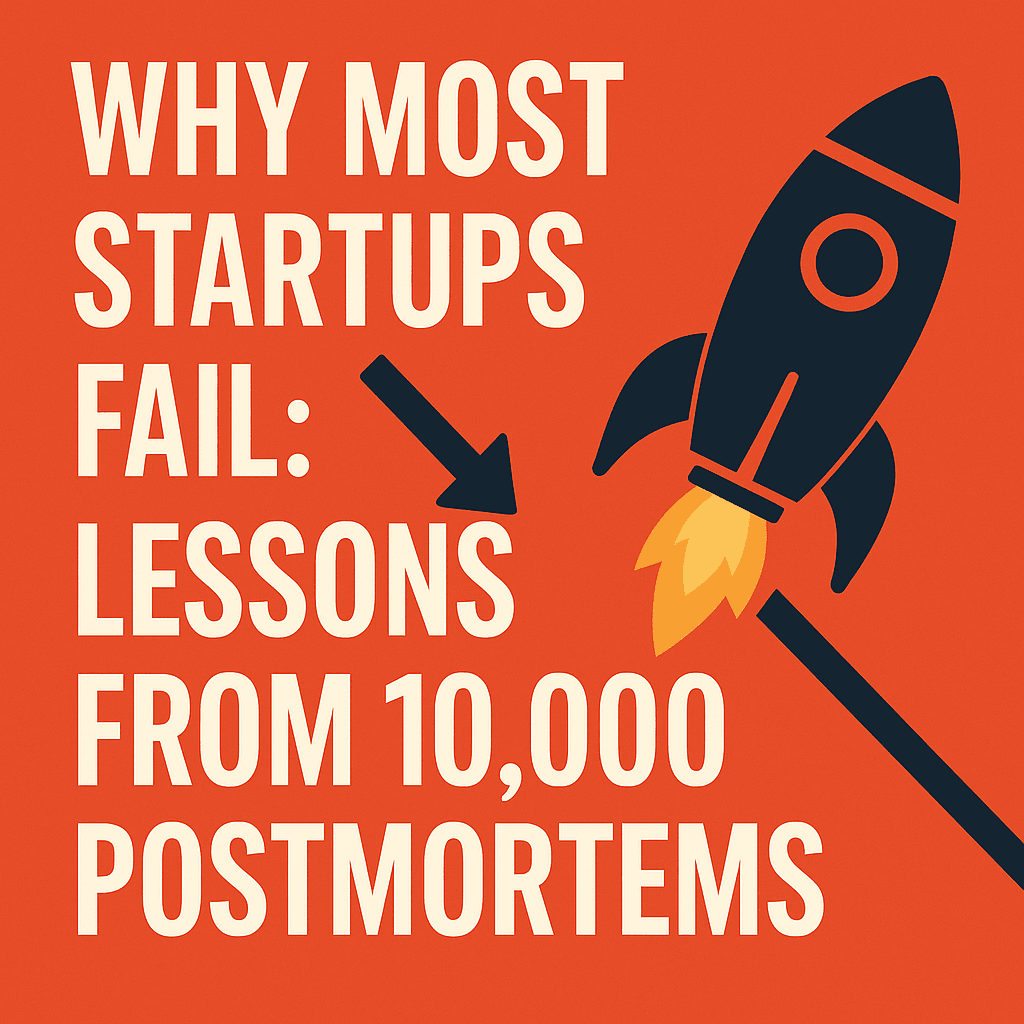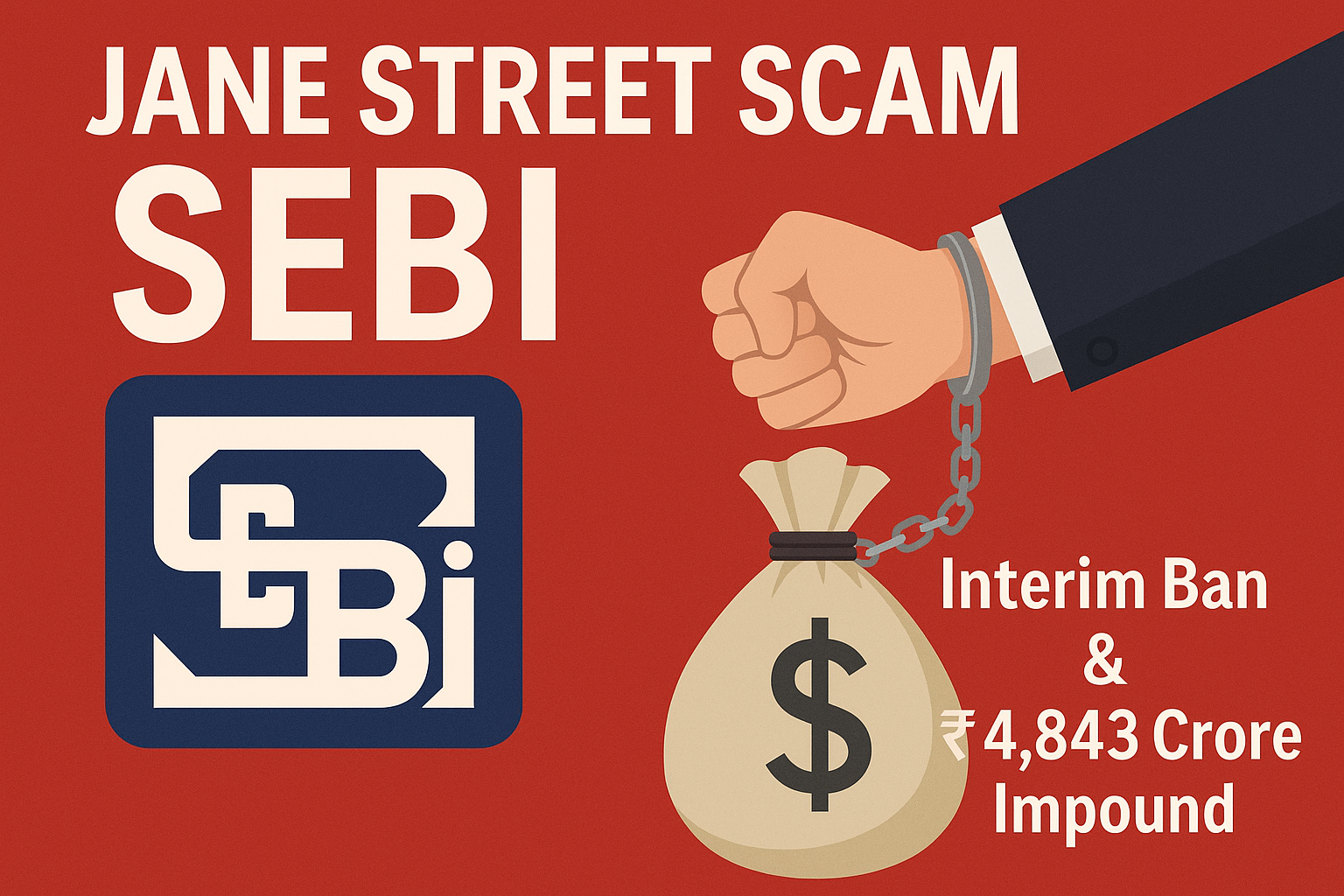Starting a new business is exhilarating—full of ambition, innovation, and promise. Yet, data shows a sobering reality: about 90% of startups fail. By closely analyzing over 10,000 startup postmortems, we’ve uncovered essential insights into why startups fail and what you can do differently to beat the odds.
Let’s dive in.
Why Most Startups Fail: Top Reasons Revealed
Through detailed analyses from prominent databases like CB Insights and Crunchbase, we identified patterns behind these failures. Here are the top five factors cited by founders:
1. No Market Need (42%)
The number one reason startups fail is deceptively simple: lack of market demand. Entrepreneurs often build products based on assumptions rather than verified market needs.
Lesson Learned:
- Validate your idea through rigorous market research.
- Engage actively with potential customers early in development.
- Use MVPs (Minimum Viable Products) to test market fit quickly.
2. Running Out of Cash (29%)
Financial mismanagement or underestimating the capital required is a widespread downfall. Even promising ideas falter when funds dry up prematurely.
Lesson Learned:
- Develop realistic financial forecasts and budgets.
- Secure adequate funding through diverse channels like angel investors, venture capital, and crowdfunding.
- Regularly monitor and control expenses.
3. Wrong Team (23%)
A weak or misaligned team significantly hampers startups. Co-founders and employees lacking complementary skills, experience, or alignment can doom even the best ideas
one of the things that can make wrong team efficient is the system of the company. But you know, here is the catch if you track their performance , they will do good. we made a tool just for this ( Task tracking and time tracking ) for free, click here
Lesson Learned:
- Hire carefully: prioritize skills, passion, and cultural fit.
- Ensure clearly defined roles and responsibilities from day one.
- Foster a culture of collaboration, adaptability, and innovation.
4. Competition Outperforming (19%)
Underestimating competitors or failing to adapt to evolving market conditions leaves startups vulnerable. Strong competition can quickly overtake startups unprepared for fierce market battles.
Lesson Learned:
- Conduct comprehensive competitor analysis regularly.
- Adapt quickly based on industry trends and competitor movements.
- Differentiate clearly through unique value propositions.
5. Pricing & Cost Issues (18%)
Poor pricing strategies—either too high or unsustainably low—can result in product rejection or financial strain.
Lesson Learned:
- Conduct pricing experiments and elasticity tests.
- Continuously gather and integrate customer feedback on pricing.
- Balance profitability with competitive market rates.
Essential Takeaways from 10,000 Startup Failures
Drawing from extensive postmortem data, here’s a concise roadmap to maximize your startup’s survival:
Step 1: Market Validation
Before launching fully, validate the necessity of your product thoroughly. Tools like customer surveys, beta testing, and MVP methodologies are indispensable.
Step 2: Prudent Financial Management
Realistic budgeting, forecasting, and rigorous expense tracking help manage cash flow effectively. Keep financial buffers for unforeseen circumstances.
Step 3: Team Alignment & Skillset Complementarity
Invest in building a robust team aligned in vision, complementary in skillset, and flexible to navigate rapid changes.
Step 4: Agile Adaptation to Competition
Stay vigilant and responsive to market shifts and competitive pressures. Develop a clear differentiator to set your startup apart in a crowded marketplace.
Step 5: Intelligent Pricing Strategies
Analyze market trends, conduct thorough competitor pricing studies, and continuously adapt your strategy to reflect customer perceptions of value.
Success Stories: Beating the Odds
Despite daunting failure rates, success is achievable. Startups like Airbnb, Slack, and Shopify once navigated these pitfalls successfully:
- Airbnb: Carefully validated their market by personally interacting with early users and quickly adjusting their business model based on real feedback.
- Slack: Initially a gaming company that pivoted smartly upon recognizing greater market needs for collaborative workplace tools.
- Shopify: Continuously adapted and scaled effectively by listening closely to small business needs, adjusting pricing, and providing user-centric features.
Wrap-up & Call to Action: How to Ensure Your Startup Thrives

Startups fail frequently—but yours doesn’t have to. By internalizing lessons from 10,000 postmortems, founders can increase their odds dramatically:
- Validate rigorously.
- Manage finances prudently.
- Assemble a robust team.
- Stay competitive through agility.
- Price strategically.
Ready to defy the odds? Start by reviewing your business strategy against these critical lessons today!





